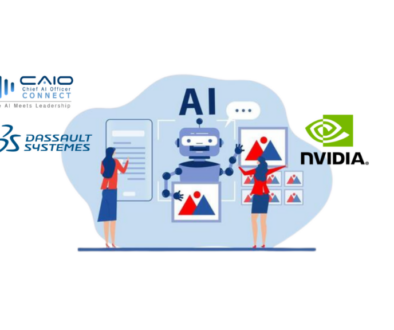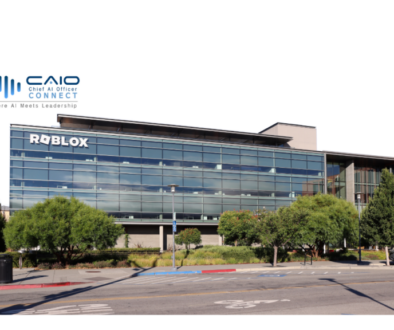Memories.ai Makes Bold Move — Appoints Meta Veteran as Chief AI Officer
Memories.ai, an emerging AI research lab focused on giving machines the ability to remember video content long-term, has announced a major leadership addition. The company has hired Chi-Hao (Eddy) Wu, a former senior research scientist at Meta, as its new Chief AI Officer.
A Strategic Hire in the AI Talent War
Wu’s appointment signals Memories.ai’s determination to compete head-to-head with the biggest players in AI. Known for his expertise in computer vision, multimodal AI, and optimization of large-scale models, Wu will guide the lab’s research strategy, safety policies, and technology roadmap.
The company has also made headlines by offering unprecedented compensation packages—up to $2 million annually—to attract world-class researchers. This bold approach reflects the intensifying talent race in Silicon Valley, where the competition for elite AI scientists is reshaping the landscape of research and innovation.
Building the Memory Layer for AI
At the heart of Memories.ai’s mission is solving a fundamental limitation in current AI systems: memory. Most AI models can only process short windows of video data, quickly “forgetting” earlier context. This makes it difficult for them to handle long-form video understanding or to provide consistent, context-rich insights.
Memories.ai is working on a Large Visual Memory Model (LVMM) designed to store, organize, and retrieve video information over extended periods. This “memory layer” would allow AI to analyze hours or even days of video as a coherent story rather than fragmented snapshots—paving the way for breakthroughs in areas like surveillance, autonomous systems, content moderation, and personalized learning.
A Vision Rooted in Long-Term AI Evolution
CEO Dr. Shawn Shen, a Cambridge Ph.D. and former Meta researcher, has framed the company’s mission as creating the foundation for a new generation of AI systems—machines that don’t just process data but remember and learn over time. With Wu joining the leadership team, Memories.ai aims to accelerate both research and real-world applications of its technology.
The company plans to expand its core team significantly over the next year, targeting a small but elite group of researchers capable of driving innovation at the edge of computer vision and memory architecture.
The Broader Implications
This development highlights a growing trend: smaller, agile startups aggressively competing with tech giants by offering lucrative packages and equity opportunities to top talent. While the financial stakes are high, the payoff could be enormous. By pioneering long-term AI memory, Memories.ai is positioning itself at the center of one of the most important frontiers in artificial intelligence.
For the industry at large, the move sparks big questions: Will breakthroughs in AI memory come from established labs with vast resources, or from lean research-driven startups willing to take risks? And what happens when AI can truly “remember” like humans—will it change how we work, create, and interact forever?



